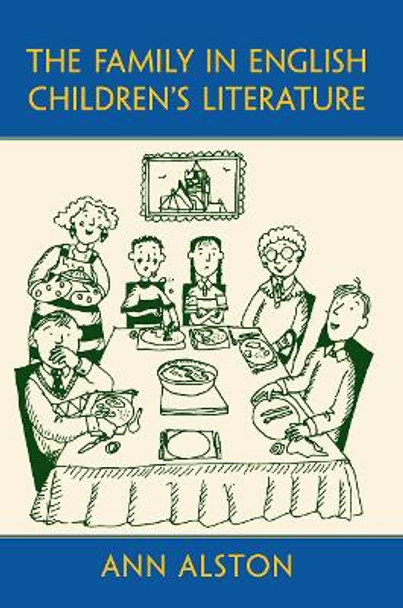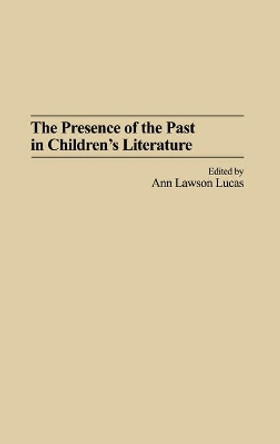Description
From the trials of families experiencing divorce, as in Anne Fine's Madame Doubtfire, to the childcare problems highlighted in Jacqueline Wilson's Tracy Beaker, it might seem that the traditional family and the ideals that accompany it have long vanished. However, in The Family in English Children's Literature, Ann Alston argues that this is far from the case. She suggests that despite the tales of family woe portrayed in children's literature, the desire for the happy, contented nuclear family remains inherent within the ideological subtexts of children's literature. Using 1818 as a starting point, Alston investigates families in children's literature at their most intimate, focusing on how they share their spaces, their ideals of home, and even on what they eat for dinner. What emerges from Alston's study are not so much the contrasts that exist between periods, but rather the startling similarities of the ideology of family intrinsic to children's literature. The Family in English Children's Literature sheds light on who maintains control, who behaves, and how significant children's literature is in shaping our ideas about what makes a family "good."
About the Author
Ann Alston lectures at the University of the West of England in Bristol, UK, with a focus in Welsh Children's Literature and nineteenth-century constructions of the child. She received her Ph.D in Children's Literature at Cardiff University, Wales, in 2005.
Reviews
"Well-researched and thorough, Ann Alston's The Family in English Children's Literature is an ambitious attempt to chart ideological assumptions about the family in the children's literature of the nineteenth and twentieth centures."
--Elizabeth Gargano, University of North Carolina at Charlotte
Book Information
ISBN 9780415699617
Author Ann Alston
Format Paperback
Page Count 176
Imprint Routledge
Publisher Taylor & Francis Ltd
Weight(grams) 330g









